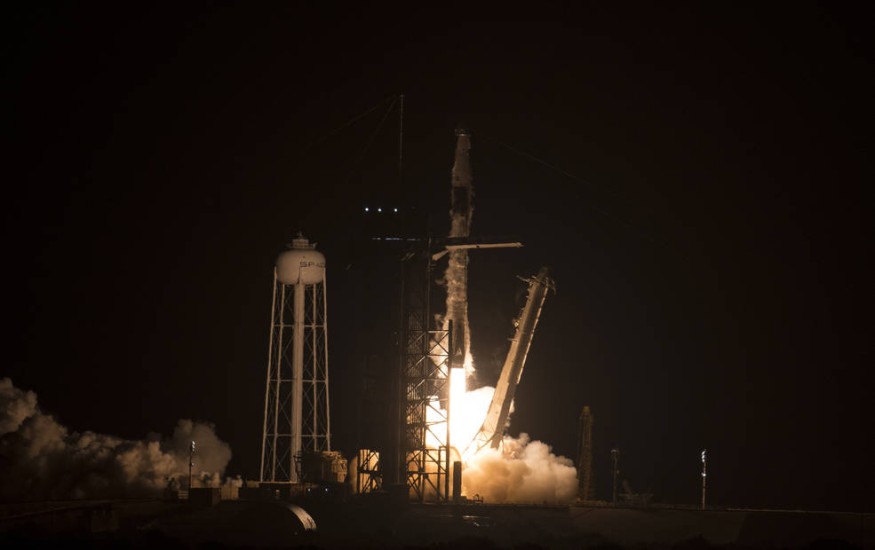On Wednesday, the European Space Agency (ESA) announced its intake of 17 astronauts for 2022, including 11 astronaut reserves, 11 career astronauts, and one person chosen from its November 2021 Parastronaut Feasibility Study.
The European Astronaut Centre in Cologne, Germany, will begin a 12-month basic training program for five recruits, three men and two women, to prepare them to meet the standards outlined by the International Space Station partners. The contenders are John McFall, Rosemary Coogan, Raphael Liégeois, Pablo Alvarez Fernández, and Sophie Adenot.
The space agency has created an astronaut reserve for the first time, which comprises applicants who were successful in the recruitment process but were not hired. The reserve astronauts continue to work for their current companies and are given a consulting contract.

First Space Agency to Recruit Parastronaut
CNN said McFall, a British medical doctor, and Paralympian, claimed that after seeing the ESA's advertisement for an astronaut with a physical disability, he felt compelled to apply. When he was 19 years old, a motorcycle accident resulted in the loss of his right leg.
"In November 2022, John was selected to take part in the Parastronaut Feasibility Project to improve our understanding of, and overcome, the barriers space flight presents for astronauts with a physical disability," explained the ESA.
"I've got quite an interesting focus or point of view for human space exploration being [in] the first cohort of astronauts with a physical disability," said McFall.
ALSO READ : Fake Cosmonaut Takes $30,000 From a Japanese Woman, Saying He Needs To Buy a Ticket To Ride Back to Earth
EuroNews said McFall's career would take a different turn from his fellow astronauts because he will participate in a groundbreaking feasibility study of how physical limitations may affect space travel. ESA states it's uncharted territory because no significant Western space agency has ever launched a parastronaut into orbit.
The two to three-year feasibility study will examine the fundamental difficulties a parastronaut faces, including how a physical impairment may affect mission training and whether or not spacesuit and aircraft adjustments are required.
The 22 European members of the ESA also made a commitment to their "space ambitions" by increasing their budget by 17%, or just under €17 billion, over the ensuing three years. It will assist projects that range from exploring Mars to halting climate change.
The Register said the new astronauts would report to work at the European Astronaut Center in Cologne, Germany, where they will undergo a 12-month basic training program before being prepared for training on the space station. If they are given an assignment, more training comes after.
This time around, the ESA has also created an astronaut reserve pool. If a later flying opportunity is discovered, those people will be given a consulting contract, fundamental assistance, and fundamental training.
RELATED ARTICLE: SpaceX Brings Russian Cosmonaut, Other NASA Astronauts to International Space Station
Check out more news and information on Space in Science Times.











